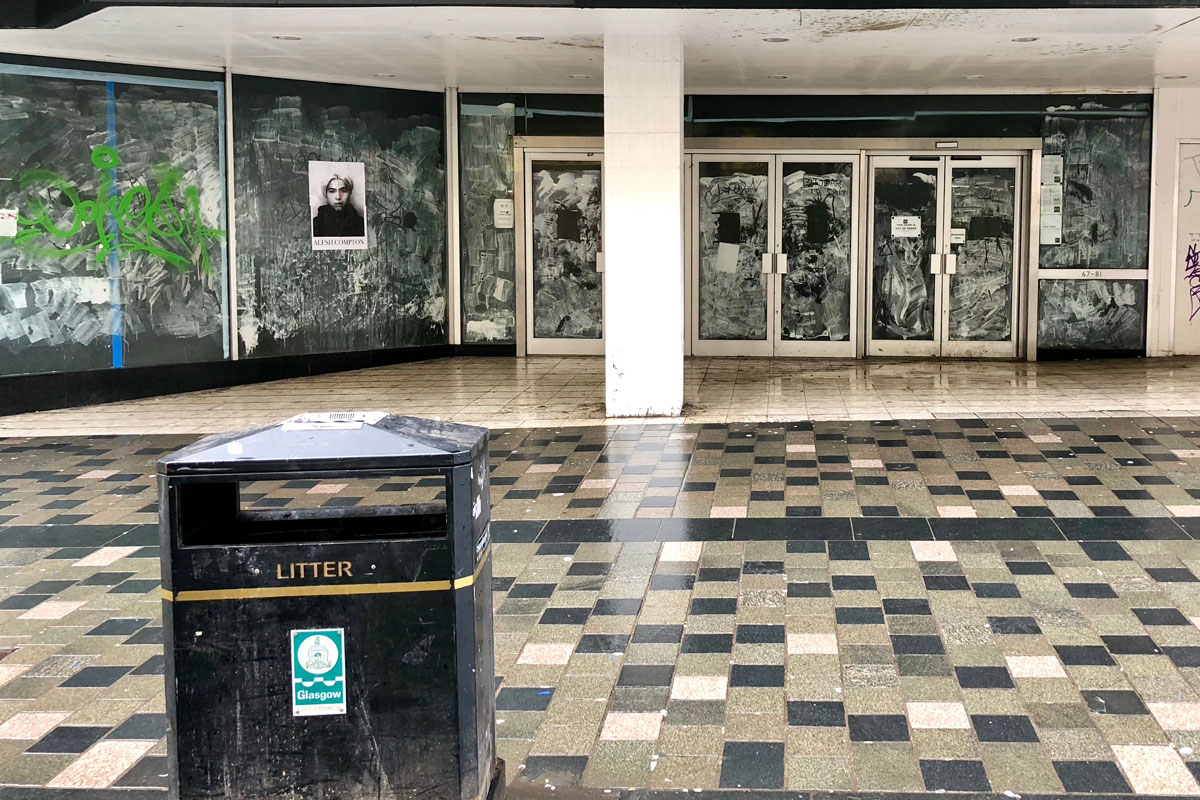 If Glasgow’s Low Emission Zone survives its imminent judicial review, many hospitality businesses may seriously consider relocating to more financially viable non-city centre sites.
If Glasgow’s Low Emission Zone survives its imminent judicial review, many hospitality businesses may seriously consider relocating to more financially viable non-city centre sites.
A recent survey by the Scottish Hospitality Group found that more than two thirds of operators in Glasgow have seen footfall drop, with some 63% blaming the introduction of the LEZ and poor public transport.
The success or failure that the October 17 judicial review has in forcing a modification of the policy could prove to be a turning point for city centre businesses – and accountants Wylie & Bisset are advising bar and restaurant owners to ensure they have up-to-date financial information upon which to base their decision making.
Catherine Livingstone, partner and head of food & drink at Wylie & Bisset, suggested that affected businesses should prepare themselves to ‘take the necessary action’ as soon as practicably possible rather than waiting till the year end – or until cashflow runs out.
“While, on the plus side, this summer saw the return of tour buses into Glasgow and the welcome return of tourists to city centre hotels and restaurants, the beneficial impact of that is likely insufficient to offset the detrimental impact of LEZ and poor public transport,” said Ms Livingstone.
“As a result, some bar and restaurant owners in Glasgow are starting to question the viability of retaining a city centre outlet, which attracts higher business rates than a non-city centre outlet.”
In those circumstances, some operators will find it more economically appealing to relocate a city centre bar or restaurant to a busy suburb, where customers can walk up without having to concern themselves with LEZ or public transport at night.
“In order to be able to make that decision, operators need to calculate what impact LEZ has had on their bottom line and what impact it’s likely to have going forward,” she said. “What are their financial projections? Will they still be viable in the context of LEZ and other factors reducing the number of people coming into the city centre?
“The answer might well be that a non-city centre location would make more financial sense. Within this context, the key to survival for hospitality sector operators is to know where they are financially at all times.”
The Scottish Hospitality Group survey is completely at odds with Glasgow City Council’s recent claim that: “Footfall in the evenings and at weekends is now reported to be around 20% ahead of pre-pandemic levels.”
Responses from the owners and operators of approximately 120 venues across Glasgow indicated that 67% say that footfall has dropped after 7pm, and 63% blame LEZ and poor transport for that decline.
Of those city centre respondents, 80% think that poor transport is a major concern for staff members getting to and from work in the city, while 58% say that the LEZ and poor transport has become a major drag on their ability to recruit.
SHG spokesperson, Stephen Montgomery, said: “When the consultation for LEZ in Glasgow was being done, we didn’t have the full financial details on the devastation that the pandemic and its impact on businesses and consumers would have. For hospitality, there’s no doubt that we as a sector were the hardest hit, especially in Glasgow where lockdowns lasted longer than anywhere else.
“Given the impact of the pandemic, we would have liked the council to have undertaken a secondary consultation on LEZ. But they didn’t, and instead its implementation is yet another example of a rushed policy. It fails to take into account the risk to business, the risk to footfall, and the financial risk to employees working inside the LEZ.
“For instance, it raises huge concerns for our late-night venues, who book singers and groups that usually have a van with equipment – many of which are now not compliant with the LEZ,” said Montgomery.
“Even if it was a policy they were set on, I don’t understand why they wouldn’t set a date for three or four years down the line to allow everyone to get back on their feet financially after the pandemic before imposing these kinds of restrictions on them?”
The SHG noted reports that Glasgow City Council itself was unprepared for the LEZ, and had since spent substantial amounts hiring LEZ compliant vehicles.
“If the council can’t be ready in time, how do they expect cash strapped businesses and consumers to be compliant?” asked Montgomery. “That money should have been better used to clean up the city and make it more welcoming to locals and tourists, or assisting businesses with non-domestic rates.
“The Scottish Hospitality Group has written to Councillor Susan Aitken, Màiri McAllan MSP, and Fiona Hyslop MSP to request a meeting on the LEZ and overall public transport strategy, but to date we have had no reply.”




















